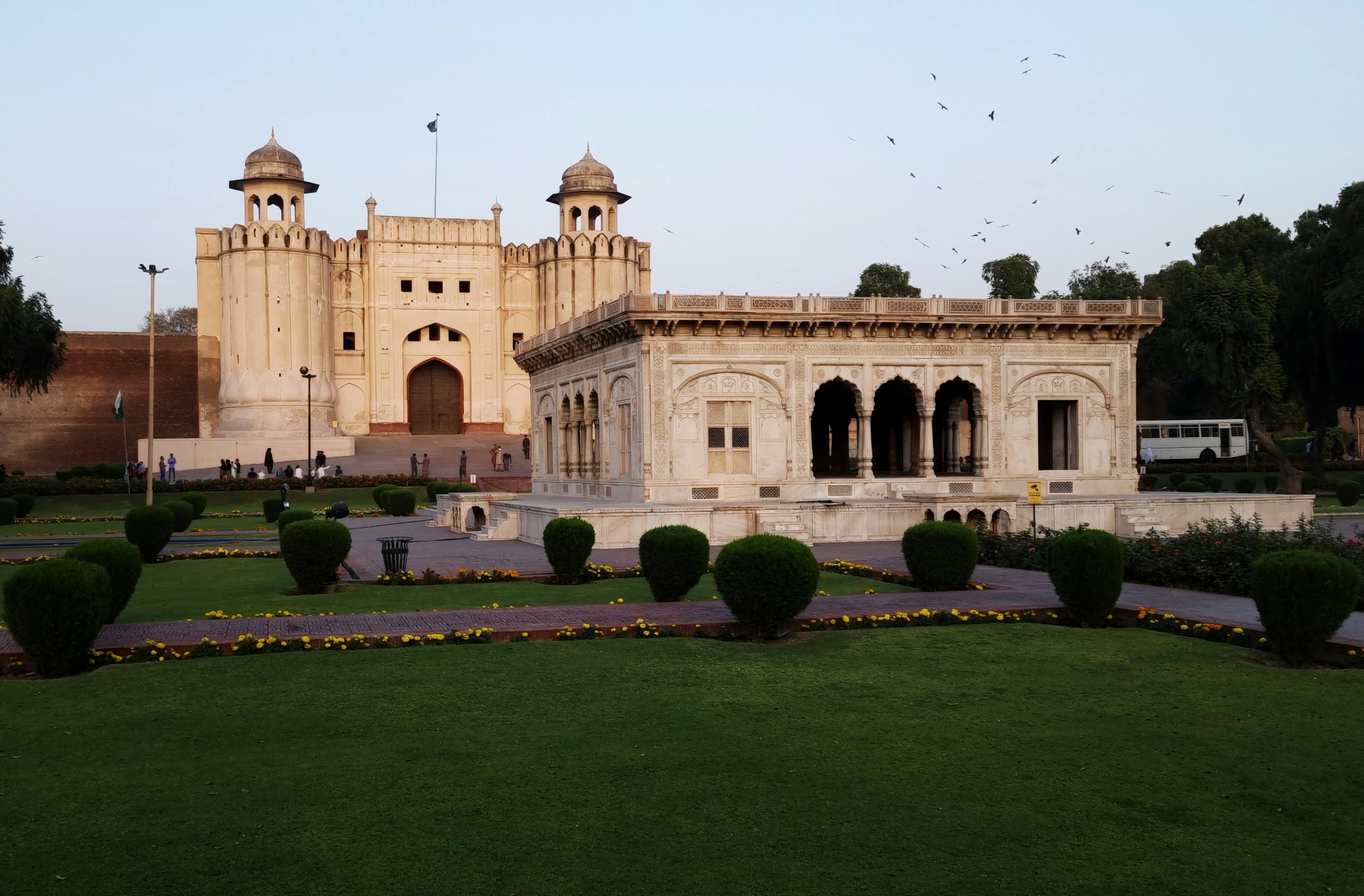Pakistan’s economic horizon is steadily widening as the country draws interest from some of the world’s most influential players. Recent weeks have shown that Pakistan is no longer just on the periphery of global trade but is positioning itself as a partner in industries that matter most for the future, from energy and minerals to advanced manufacturing supply chains.
$500 Million US-Pakistan Critical Minerals Agreement
On 8 September 2025, Arab News reported that Pakistan and the United States signed a landmark agreement focused on critical minerals. Missouri-based U.S. Strategic Metals (USSM) entered a partnership with Pakistan’s Frontier Works Organisation (FWO) in a deal valued at around $500 million.
The agreement sets the stage for the immediate export of minerals such as copper, gold, antimony, tungsten, and rare earth elements, while also planning a poly-metallic refinery within Pakistan. This move will enable value addition within the country, rather than sending out raw materials, and signals one of the most significant foreign investments in Pakistan’s mining sector in years.
Building on the US-Pakistan Trade Deal
The pact reflects a growing trend in US-Pakistan cooperation. Just weeks earlier, Reuters reported a trade deal that Islamabad described as a “new era of economic collaboration.” Pakistan’s textile industry, the backbone of its exports, had been facing the risk of steep US tariffs. The trade deal announced in late July eased that pressure and kept Pakistan’s access to its biggest market intact.
It also opened a parallel track on energy cooperation, with both governments talking about oil exploration and development. Taken together, the trade relief and the minerals pact point to a shift: economic ties are now broadening from simple market access toward investment and resource partnerships.
Unlocking the Potential of Pakistan’s Mining Sector
The minerals agreement is especially significant given the underdevelopment of the sector at home. Pakistan has long been known for its reserves of copper, lithium, and rare earths, yet mining contributes only about 3.2% to the economy. The new agreement introduces something different: a plan to process minerals inside the country rather than shipping them out in raw form. That shift matters because it ties exports to new skills, better infrastructure, and more local employment.
Why Critical Minerals Matter for the United States
For the United States, the attraction lies in securing supply chains that are under pressure elsewhere. Clean energy, defence, and high-tech industries all rely on materials that are increasingly concentrated in a few countries. Working with Pakistan reduces that exposure and adds a commercial layer to a relationship that has often been defined in political or security terms.
Next Steps for US-Pakistan Cooperation
The mining pact and the earlier trade deal show clear intent, but the real test will be delivery. For Pakistan, the priority is to channel this $500 million investment into projects that bring long-term benefits, jobs, infrastructure, and skills. For the US, success means reliable access to minerals that are vital for clean energy and advanced manufacturing. If both sides follow through, these agreements can set a precedent for future investment that is practical, profitable, and lasting.
Recent News

.jpg)

